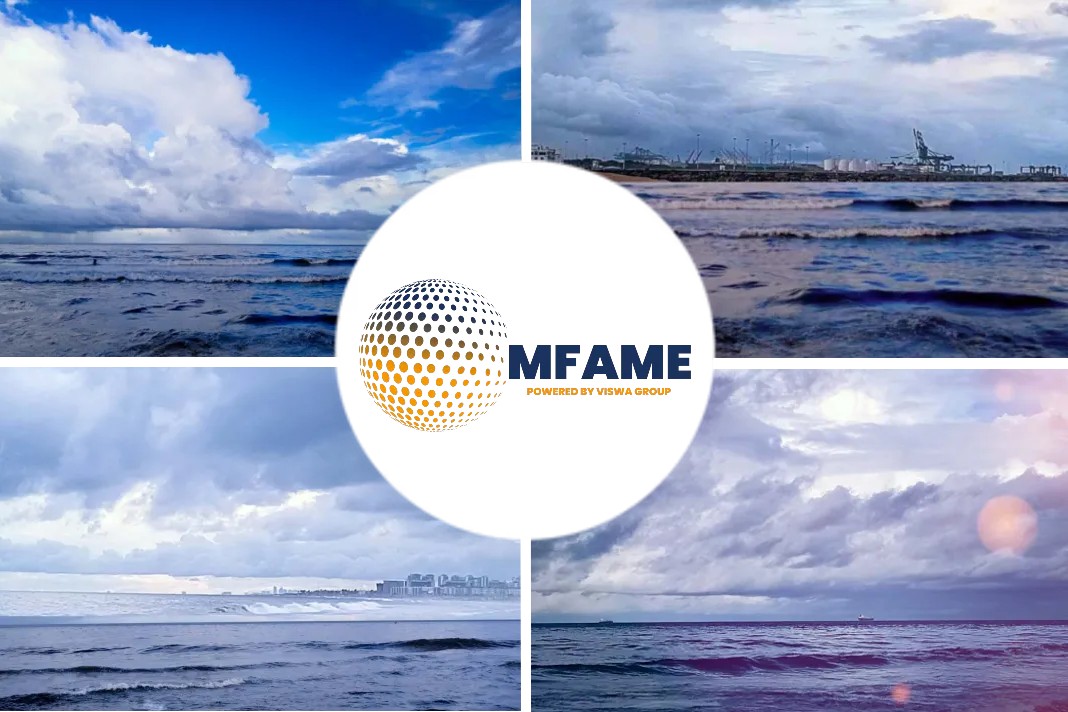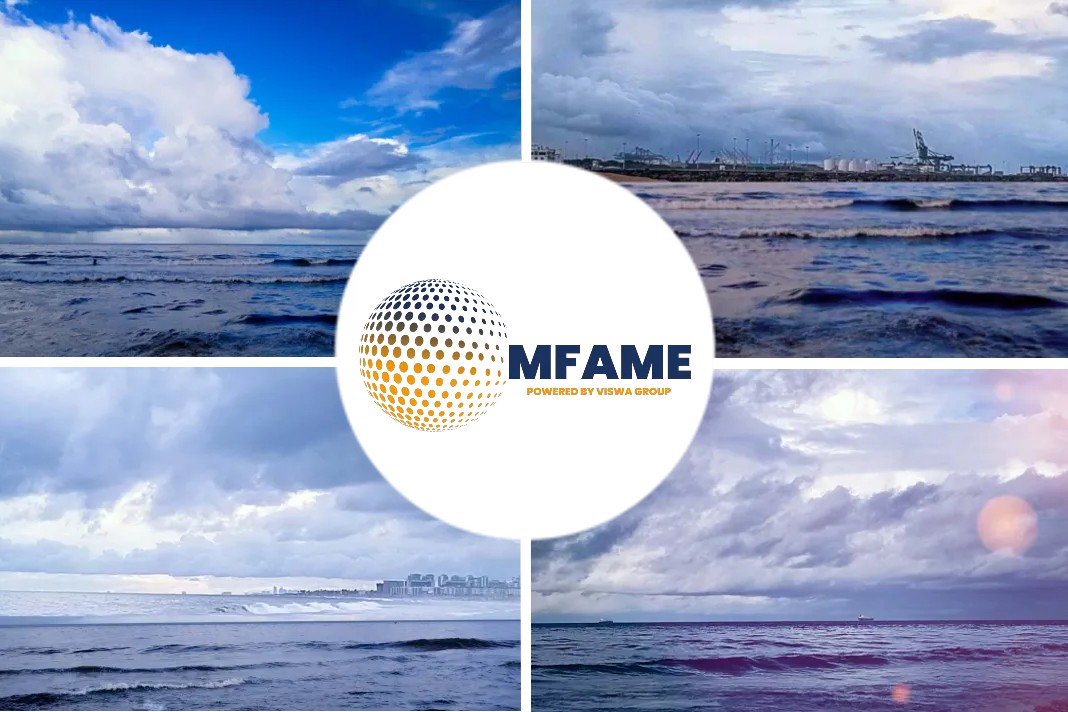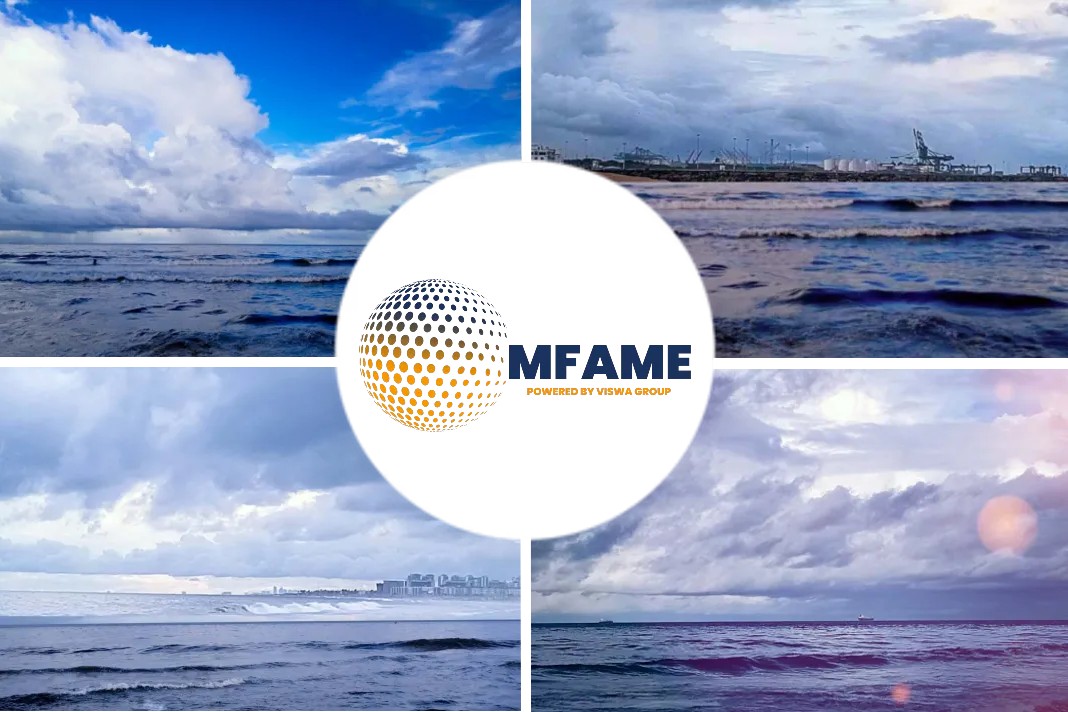In a major development, INTERCARGO has applauded the recent announcement by the IMO’s Secretary General of his determination to improve the number of accident investigation reports that are submitted to the IMO, reports Safety4Sea.
Intercargo Belled The Risk Alarm
Exactly one year ago, INTERCARGO reminded that cargo liquefaction continued to be a major risk for dry bulk shipping.
Our Association would like to stress once again the importance of investigating an incident and the subsequent publication of a quality and in-depth casualty investigation report in a timely manner, in order for lessons to be learned. We urge all relevant administrations, that have not done so, to investigate incidents and publish the reports.
The remarks come in light of another recent incident, namely the loss of bulk carrier ‘Nur Allya’, laden with Indonesian Nickel Ore, with 25 crew onboard, in August 2019.
Why are investigation reports important?
- Under SOLAS and MARPOL flag States are required to conduct casualty investigations and supply the IMO with any relevant findings.
- Additionally, for very serious casualties (defined as casualties which involve total loss of the ship, loss of life, or severe pollution) the IMO requests that the full investigation report is submitted to the IMO.
- It is well known that the lessons learned, contained within these reports, are a key driver of safety improvement.
During the period 2009-2018, 188 lives were lost as a result of 48 bulk carrier losses, however, investigation reports were only made available on the IMO’s Global Integrated Shipping Information System (GISIS) for 27 of these casualties with the average reporting time being 34 months, which INTERCARGO finds “excessively long”.
INTERCARGO therefore welcomes the IMO’s commitment to improve casualty investigation reporting and is hopeful that the flag States fulfill their obligations so that safety improvements can be made.
Did you subscribe to our daily newsletter?
It’s Free! Click here to Subscribe!
Source: Safety4Sea





















